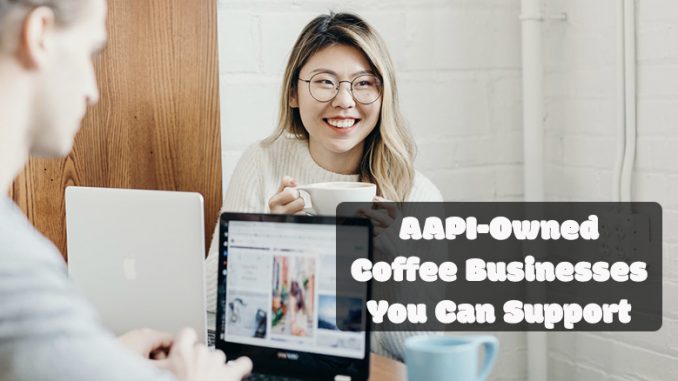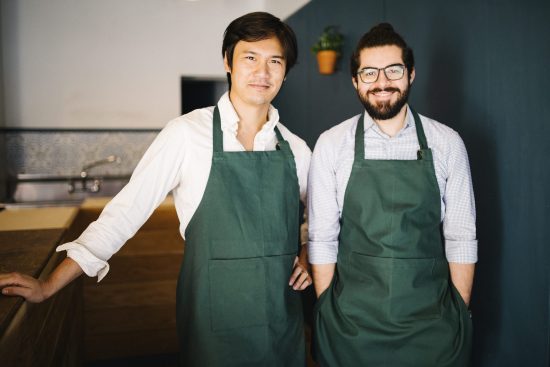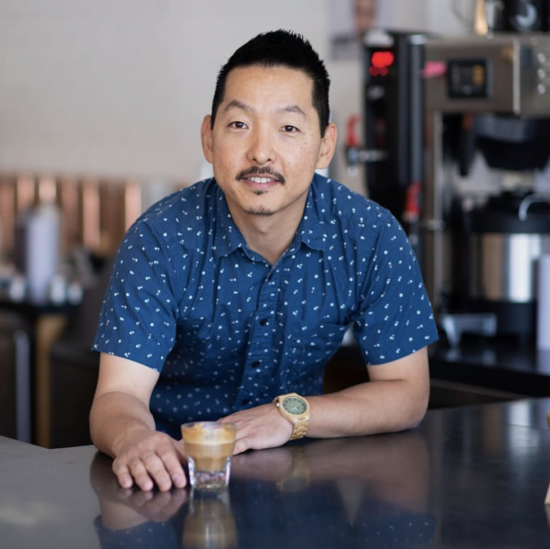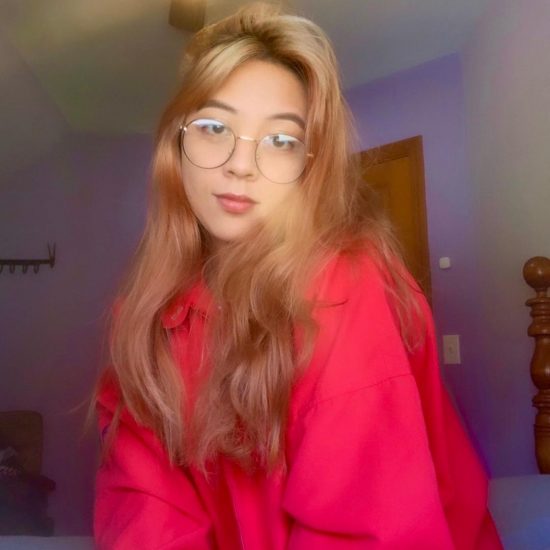
In response to the recent uptick in nationwide anti-Asian violence, we’re spotlighting a handful of Asian-owned cafés and roasteries.
BY EMILY JOY MENESES
SPECIAL TO BARISTA MAGAZINE ONLINE
Cover photo by Brooke Cagle for Unsplash
Often, what makes a city special is its diversity; on every corner of Los Angeles, for example, you’ll find restaurants and cafés run by people of color—individuals from all over the world, ready to share their creations with the city. For decades, the Asian and Asian-American communities have played an integral role in shaping not only this city, but the nation as a whole. However, the recent rise in nationwide anti-Asian violence is a somber reminder of the ongoing challenges that our community faces. In response, we wanted to highlight a handful of Asian-owned cafés and roasteries, run by people who come from a wide array of backgrounds but are unified by their passion for coffee.
This is by no means an all-encompassing list of AAPI-owned cafés. You can also go local by digging into your own community’s scene to find an Asian/Asian-owned coffee business to support during this time and always!

Alita Café – New York City
Though Paolo Maliksi (he/him) was born in New York City, he spent most of his childhood in his family’s homeland: the Philippines. Living in Makati, a city in the Metro Manila region, he learned Tagalog, English, and Spanish, and immersed himself in Philippine culture until he moved back to the U.S. as a teenager. Here, he would get his first coffee job at Seattle’s Best Coffee.
Today, Paolo runs New York roasting collective Regalia Coffee and will soon open his first café, Alita, in East Williamsburg. The café is a collaborative effort with his friend Alejandro Ceballos (he/him), whom he met when they were both pursuing a career in classical music. He also shared that the café’s name Alita is a nickname for abuela, or “grandmother” in Spanish, and is reflective of the shop’s warm, family-like spirit.
Paolo shared that people can begin empowering the Asian American community through education—by learning about other cultures and how they weave together: “Learn about our cultures through whatever medium fascinates you!” he says. “Whether through food, dance, music, art: every little effort is a step forward. Did you know that the Filipino languages (there isn’t just one) probably derived origins from Sanskrit through the Silk Road? Asa means ‘hope’ in both Tagalog and Sanskrit, and has a rather warm inflection for ‘morning’ or ‘dawning’ in Japanese. Perhaps, we are indeed all connected.”

Constellation Coffee – Los Angeles
Kevin Kim (he/him) was just 3 years old when he first moved to L.A. from Seoul, Korea—and when asked what led him into the coffee world, he credits both his love for community and the entrepreneurial spirit he believes is inherent in many Korean Americans: “I think a lot of (Koreans) are drawn to creating their own businesses here, because we understand that the system wasn’t built for us—it’s our way of carving a place for ourselves,” explains Kevin. “I spent most of my youth in L.A. and Berkeley surrounded by other Asian Americans, so I never really processed that I was a ‘minority’ until I moved to Connecticut to work for ESPN.”
Expanding on his time at ESPN, Kevin brought attention to the day-to-day “harmless” racial microaggressions that are actually indicative of a much deeper problem: “At ESPN, the only Asians in the company were myself and one other Korean guy. And even though he and I looked and sounded nothing alike, everyone kept mixing us up—even after years of knowing us. At first, it was funny, but after awhile, it hit me, like ‘I’m a minority.’”
After his time at ESPN, Kevin moved back to L.A., where he’d eventually launch Constellation Coffee: a business that he could invest more heart and soul into. “Working in coffee, you don’t do it for money,” he shared. “Of course, you want to make a living, but I started Constellation for the people; it’s so rewarding having regulars and hearing from locals that your business is needed. We got our name because our La Cañada location is close to JPL (Jet Propulsion Laboratory), and at night, you can see all of the stars. I want Constellation Coffee to connect people the way that stars in constellations connect—I want us to be a place where other relationships, projects, and businesses can grow.”
When asked how people can support the Asian American community at this time, Kevin stated, “Historically, Americans have always looked the other way when it comes to racism. Don’t be afraid to address it when you see it—don’t be a part of the problem, be a part of the solution.”
We will wrap up this story with part two next week.

ABOUT THE AUTHOR
Based in Los Angeles, Emily Joy Meneses (she/her) is a writer and musician passionate about culture and collective care. You can regularly find her at Echo Park Lake, drinking a cortado and journaling about astrology, art, Animal Crossing, and her dreams. Explore her poetry, short stories, and soundscapes on her website.

